The tattoo industry is full of unique traditions, evolving styles, and, of course, ongoing debates. One such debate? The terminology we use to describe those who apply ink to skin. Some prefer the term “tattooer,” while others identify as a “tattoo artist.” But does one term hold more merit than the other, or is it simply a matter of preference?
The Stigma of “Tattooer”
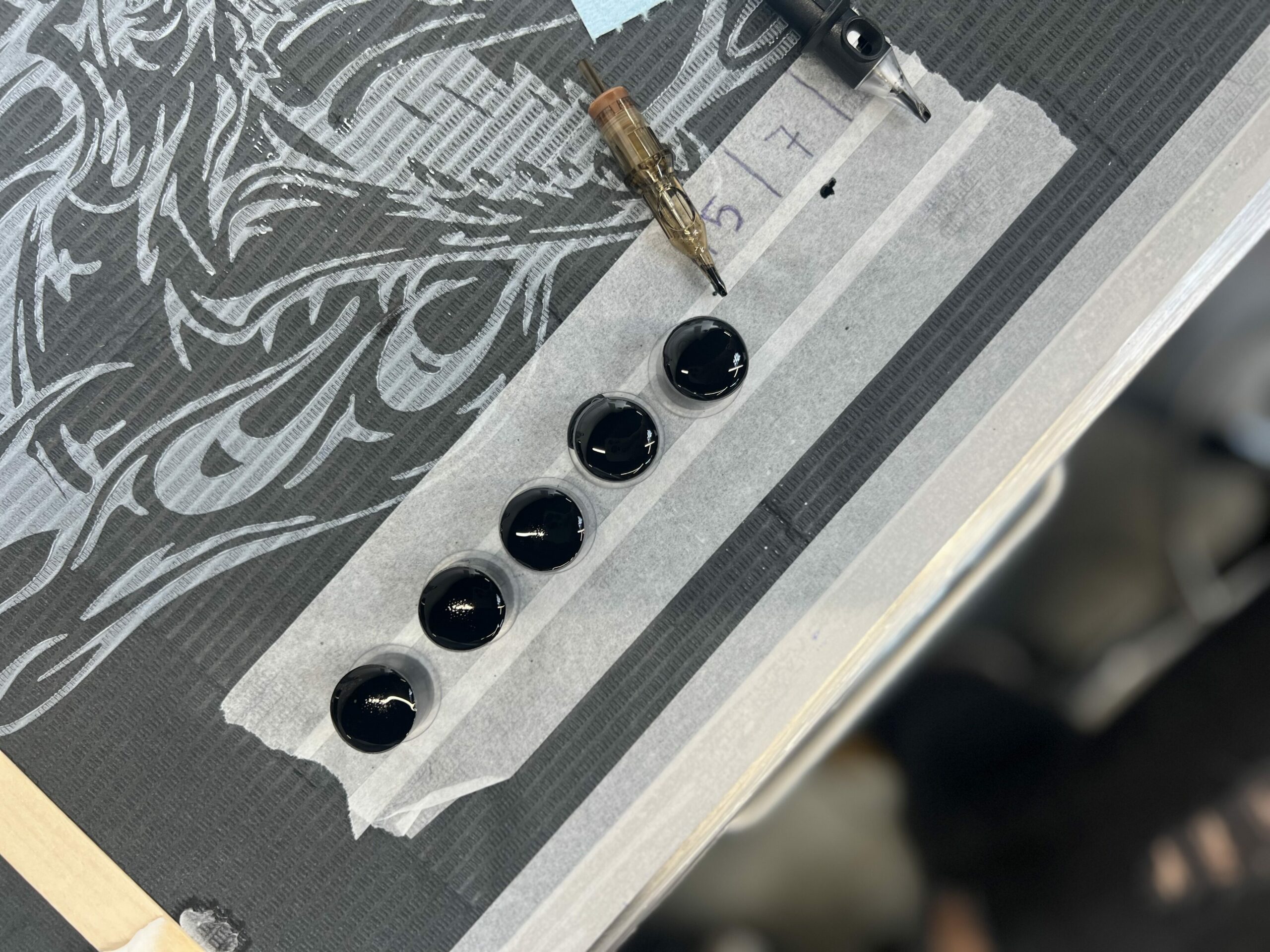
Historically, the term tattooer has been used to describe someone who applies tattoos. However, in some circles, it has developed negative connotations. Some argue that calling someone a tattooer implies a lack of artistic skill, reducing their role to that of a technician rather than a creative professional. In fact, some people online even associate the term with “scratchers” (untrained or low-quality tattooists).
On the other hand, many seasoned professionals proudly use the word tattooer, seeing it as a reflection of technical mastery rather than artistic ability. For them, the process of embedding ink into the skin is a craft—one that takes years to perfect.
The Rise of “Tattoo Artist”
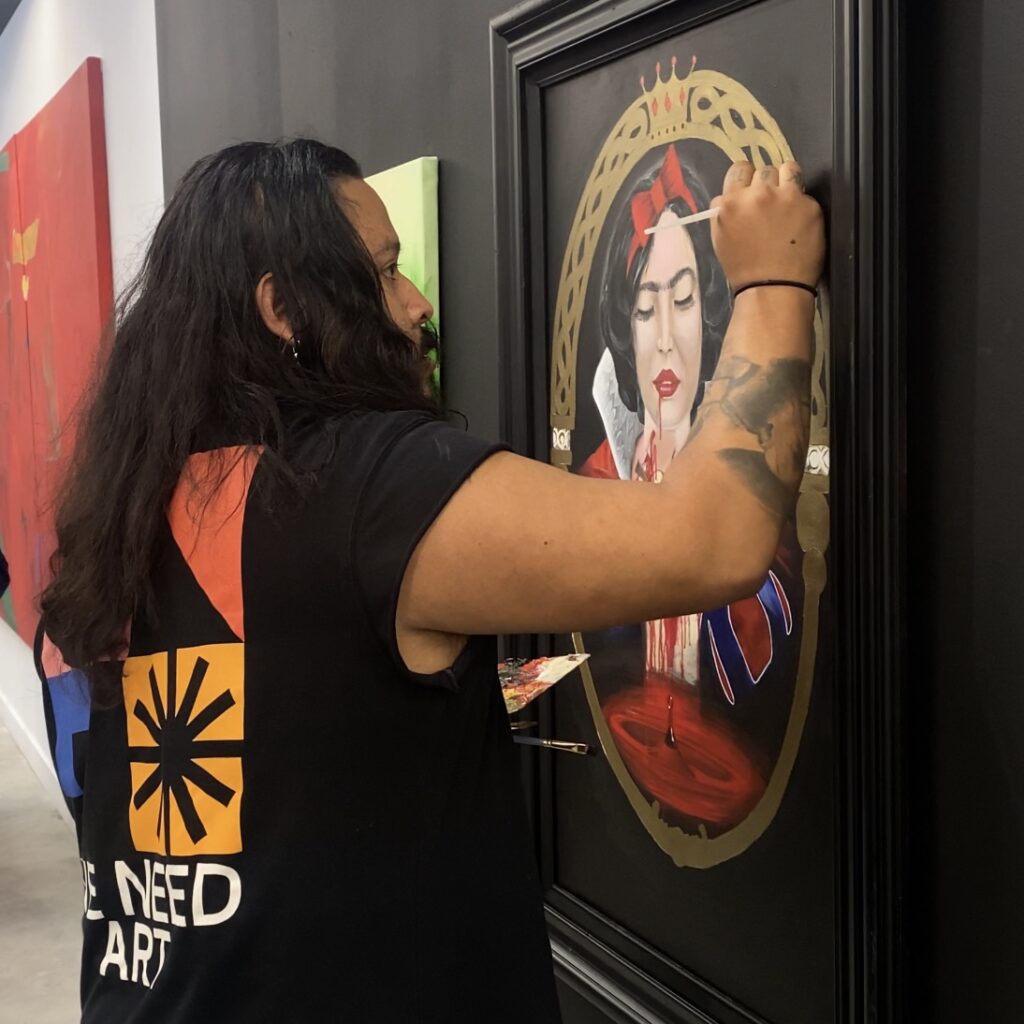
The shift toward tattoo artist may be an attempt to move away from any stigma associated with “tattooer” and appeal to a younger, more mainstream audience. As tattooing has become widely accepted as an art form, many practitioners prefer the title “artist” to reflect their creative role. After all, many tattooers/tattoo artists spend years honing their drawing, painting, and design skills before even picking up a tattoo machine.
For those who conceptualize their own designs and collaborate with clients to create custom work, “tattoo artist” may feel like a more accurate term. The artistry isn’t just in the technical application—it’s in the vision, composition, and personal style they bring to their work.
What About “Tattooist”?
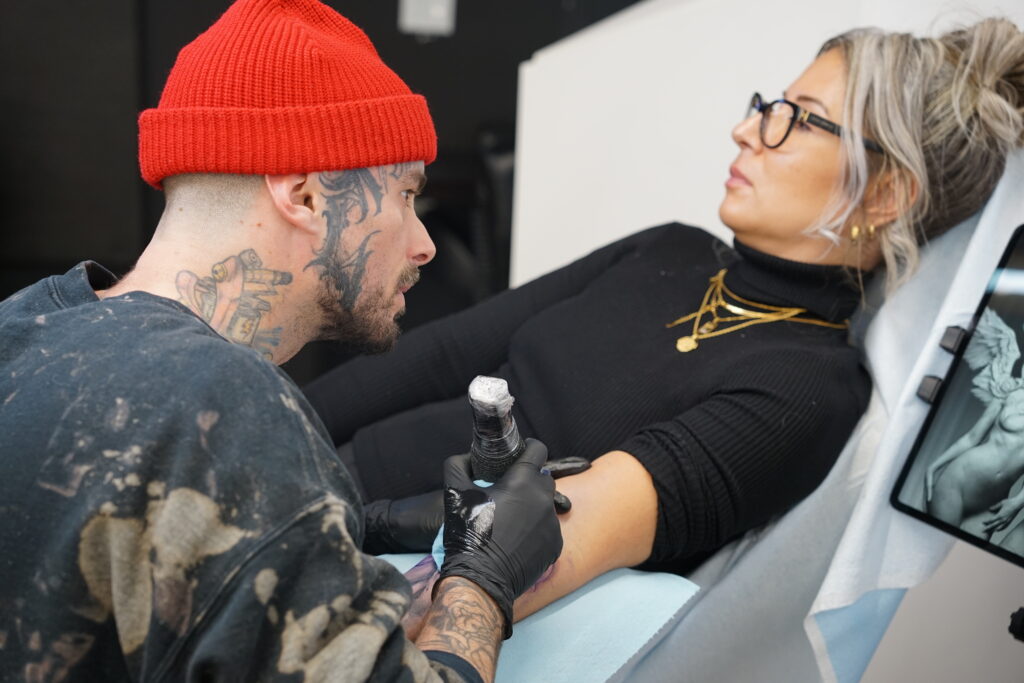
Another term that occasionally pops up is tattooist—though its usage seems to be less common in the U.S. Some argue that the term sounds outdated or overly formal, while others note that it’s more commonly used in other parts of the world. It doesn’t carry as much baggage as “tattooer” or “tattoo artist,” but it’s also not widely embraced within the industry.
Craft vs. Artistry
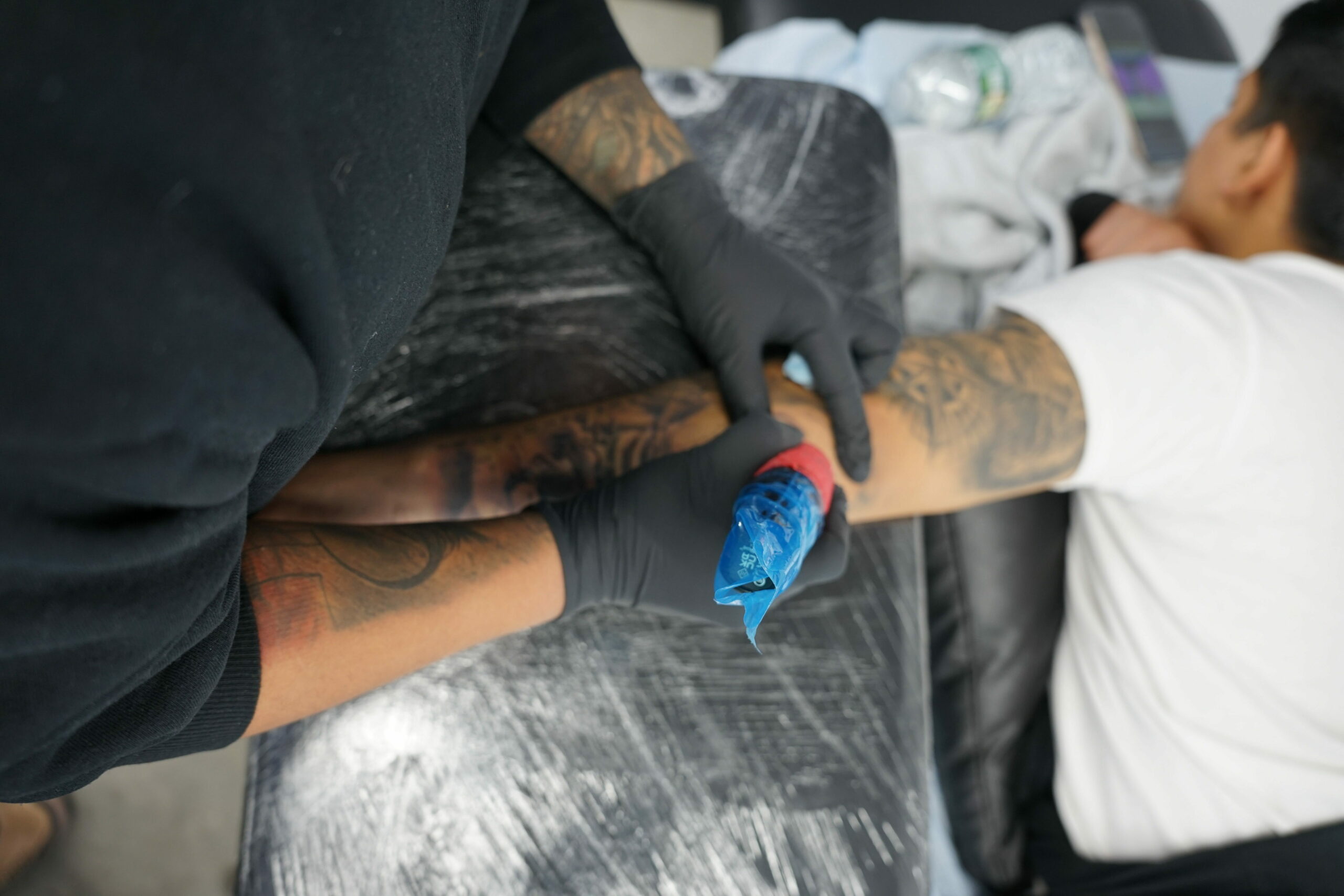
At the heart of this debate is a broader question: is tattooing more of a craft or an art form?
Some argue that the ability to put ink beneath the skin doesn’t require traditional artistic skill—only technical expertise. By this logic, tattooing is a craft, and someone who excels at executing precise lines, shading, and color work can be a phenomenal tattooer without necessarily being an “artist.”
On the other hand, many clients seek out tattooers who create original pieces, design from scratch, and bring a unique vision to their work. These individuals see themselves as artists first and foremost. The creative process, from sketching to execution, is what defines their role.
Industry Preference
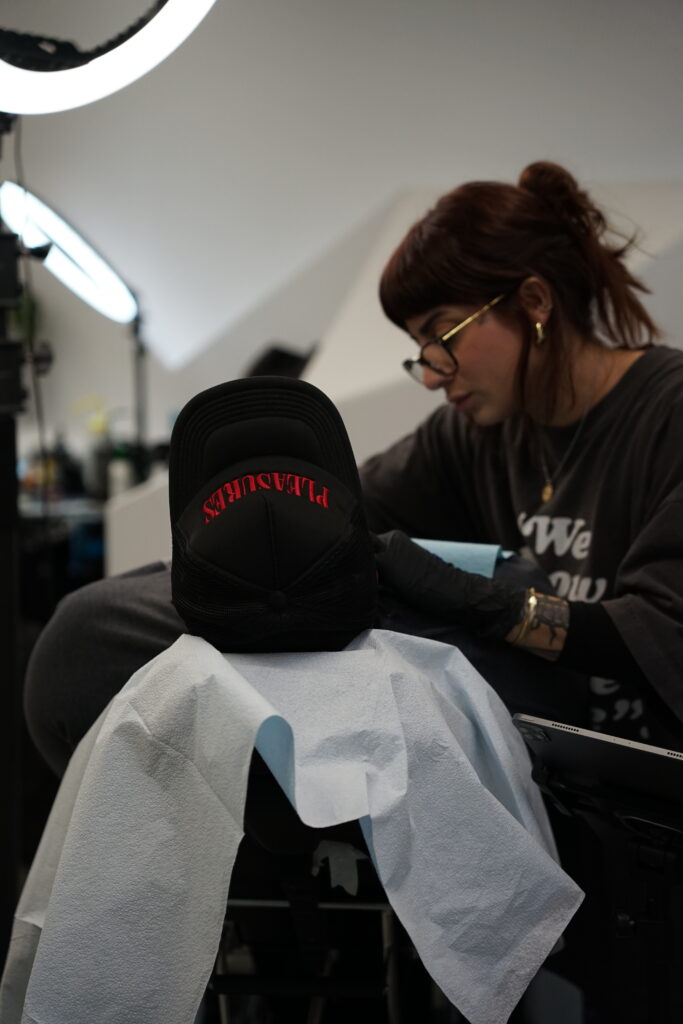
Within the tattoo community, artists tend to refer to one another as artists. This is likely because many modern tattoo professionals take great pride in the artistic aspect of their work, even if their technical skill is equally important.
At the end of the day, there is no universal rule for what someone in this profession should call themselves. Whether someone identifies as a tattooer or a tattoo artist often comes down to personal preference and perspective.
A Lighthearted Take
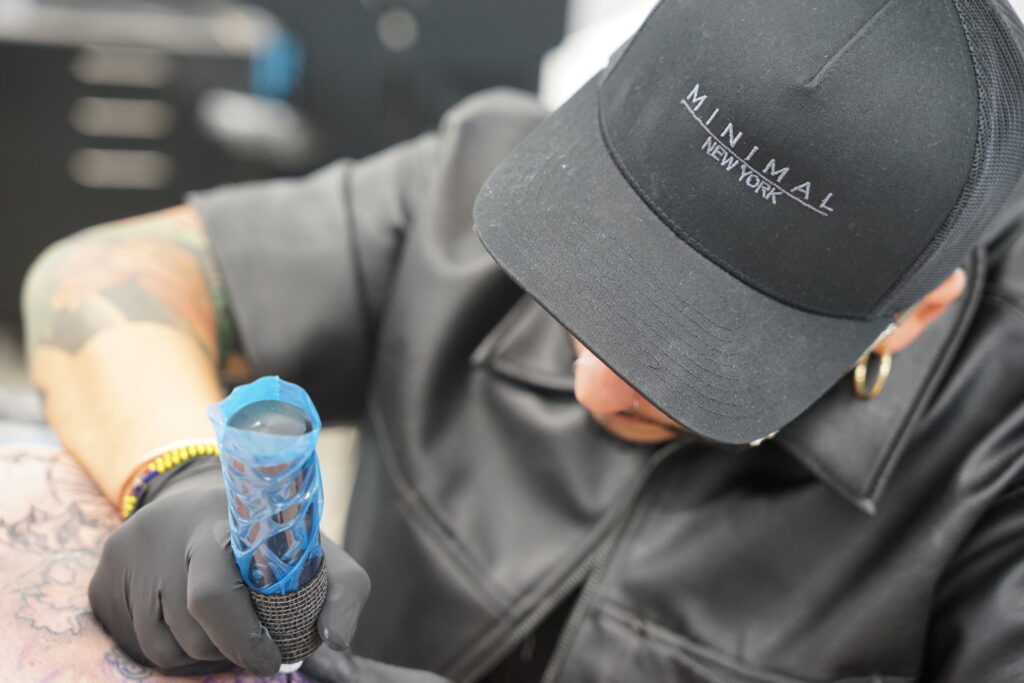
While the debate over “tattooer” vs. “tattoo artist” can get serious, many in the industry have also poked fun at the discussion. In various online forums and conversations, people have thrown out some alternative titles—some more humorous than others. Here are a few of the best ones we’ve come across:
Ink Slammer, Scab Merchant, Skin Wizard, Sub-Dermal Pigment Engineer, Tattrician, and a personal favorite .. Tattoologist.
At the end of the day, whether you call yourself a tattooer, a tattoo artist, or something entirely different, what truly matters is the skill, dedication, and passion behind the work. Whatever the title, great tattoos speak for themselves.
